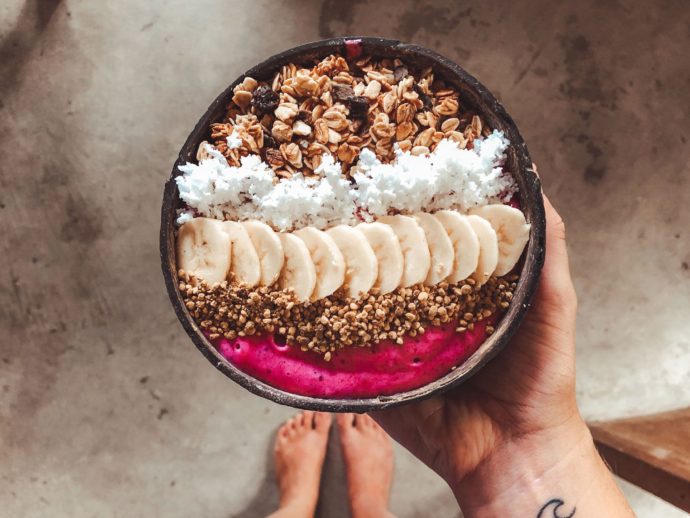Strong immunity at every stage of life
Your immune system faces different challenges at different stages of your life. Here’s how to give it everything it needs, no matter your age.
Tots and toddlers
The moment you leave the safety of your mother’s womb, your body is exposed to viruses, bacteria, and a host of new risks. Previously, your mother’s immune system helped shield you from danger, and moms still play a vital immunity role for children.ADVERTISEMENT
“Breastfeeding offers a baby the best form of immunity with antibodies that naturally pass through a mother’s breast milk,” says registered dietitian nutritionist Crystal Karges. “It’s an immune builder for babies.”
The stronger a mother’s immune system, the better. Moms can even boost their own immune systems, says Karges, by “eating a diet rich in plant-based, whole foods, which are higher in antioxidants.”
Teenagers
Your teen is likely used to late nights, irregular sleep habits, and a packed schedule, but lack of sleep is nothing to sneeze at. While your teen needs nine to 10 hours of sleep a night, 85 percent of teens don’t get anywhere close to that number.
All of this sleep deprivation can lead to a weaker immune system and a slower recovery when your teen falls ill. Creating more structure, avoiding caffeine, and keeping digital devices out of the bedroom can help your child get a little more rest.
Diet is also key. In general, teens eat far too much sugary foods and sweetened drinks, and sugar makes our immune system’s “killer cells” less effective.
“Make sure they’re eating a balanced diet with protein, healthy fats, and complex carbohydrates with every meal,” says Dr. Fiona Smulders, a naturopathic doctor.
Adults and seniors
We have a stress epidemic on our hands. One in four adult workers report that they’re highly stressed, and three out of four say they have some level of stress on a regular basis.
Chronic stress reduces your white blood cell count, which leaves you more susceptible to getting sick. Stress also causes chronic inflammation in your body, which can raise your risks of asthma, cancer, and other diseases.
Meditation is one of the most effective ways to de-stress. Not only that, but studies have found that meditation may help protect your immune cells, increase your antibodies, improve the effectiveness of your immune system, and reduce inflammation.
Much of it comes down to diet. Cut out sugar, refined carbohydrates, and processed foods, and eat more fruits and vegetables. “Colorful produce contain compounds called flavonoids—potent antioxidants that protect the body against inflammation and oxidative damage,” says Smulders. Some of her favorite go-tos include berries, carrots, broccoli, grapes, and dark green leafy vegetables.
“Supplements can also help lower inflammation and oxidative damage,” she notes. Her top choices for immune health include omega-3 fatty acids; curcumin; zinc; and vitamins A, C, and E. Always check with your health care practitioner before taking a new supplement.

